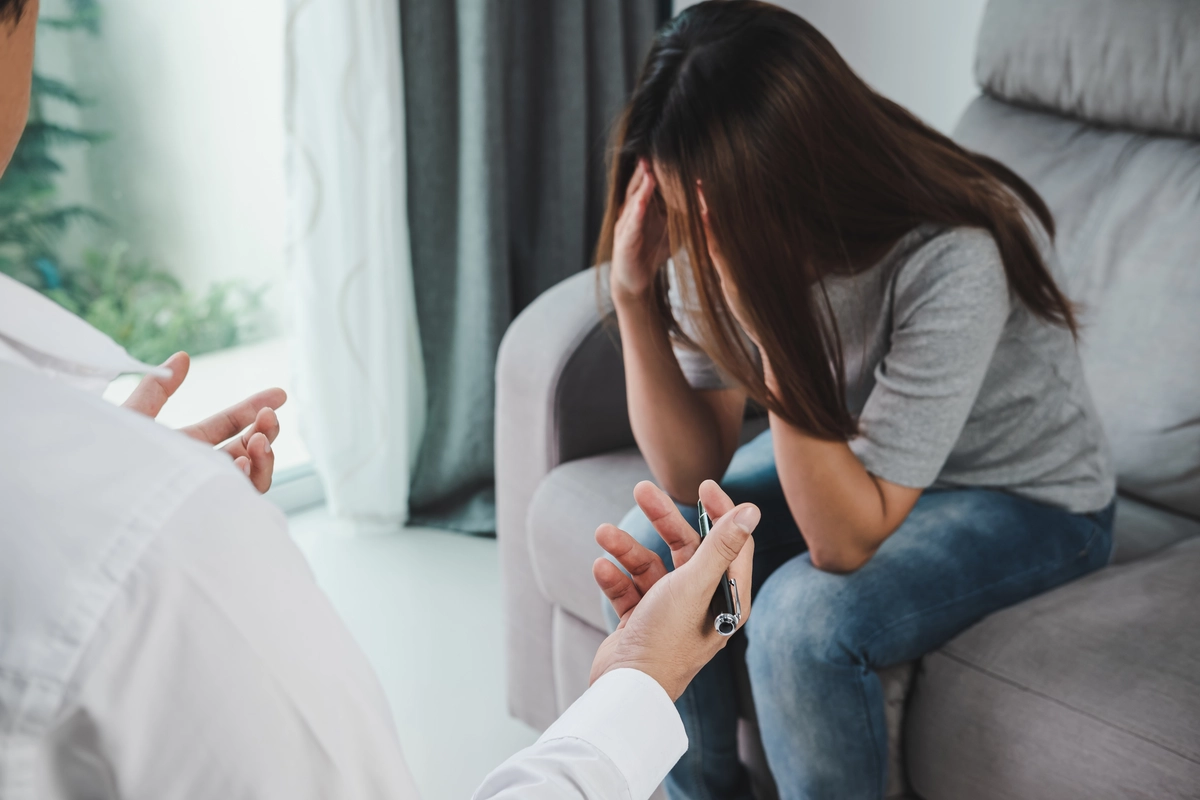24/7 Helpline:
(866) 899-221924/7 Helpline:
(866) 899-2219
Learn more about Opioid Rehab centers in Early County
Other Categories in Early County

Other Insurance Options

Choice Care Network

UMR

Regence

Ceridian

Highmark
Beacon

Amerigroup

PHCS Network

Premera

Holman Group

Access to Recovery (ATR) Voucher

Absolute Total Care

Oxford

Molina Healthcare

State Farm

Self-pay options

CareFirst

Magellan

ComPsych

Ambetter















Early County Mental Health Center
Early County Mental Health Center is a public rehab located in Blakely, Georgia. Early County Mental...





























